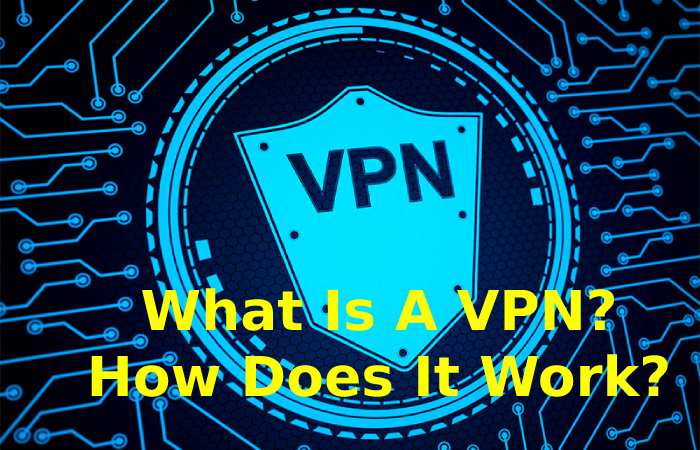Choosing a VPN is similar to purchasing anything else, which is why you must compare the features available against the cost of the subscription before selecting one.
While this appears to be no different than pricing and picking any other subscription product, what makes things more complicated with VPNs is the number of unique characteristics – and the fact that beginners may not even be aware of what to look for in terms of features.
It also doesn’t help that many VPN websites have beautiful graphics but sometimes lack in-service data, and specs.
Table of Contents
What Is A VPN? How Does It Work?

A VPN connection creates a secure link between you and the internet. When you access the internet, this masks your IP address, making its location opaque to everyone.
A VPN connection is also safe from outside threats. This is because the primary function of a VPN is to conceal your internet activity.
VPNs are frequently used to protect against hackers and snoops on public networks, but they may also be used to hide your browsing activity, IP address, and personal data on any Wi-Fi network, even those at home.
On top of that, you can access banned websites such as https://ipiratebay.org/ safely from your country if you install a VPN without compromising your online safety.
Things You Must Consider Before Choosing A VPN Service Provider
When you use a VPN, All of your data traffic is routed over an encrypted virtual tunnel via the VPN. Therefore, you no longer risk breaching your online safety even when browsing the banned websites.
Let’s take a look at these features before you decide on a VPN service provider:
1: Number Of Servers
Keep in mind that a VPN operates by establishing an encrypted data tunnel between the user and the provider’s server.
Better VPN providers will list the number of servers they have.
With a more significant number of servers, the user should have more bandwidth. Hence, he will get a better internet speed while connected to the VPN.
2: Location Of Servers
When it comes to your internet connection, the location of your VPN server is critical to consider.
On the one hand, having a VPN server nearby might be beneficial for a no-lag, responsive connection, which is especially handy while participating in online gaming.
On the other hand, a VPN server in another country can help circumvent geo-blocking restrictions because the user looks to be in the same region as the server and can therefore access otherwise banned content.
3: Price Of The VPN
Nothing in our world is free, and VPN services are no exception.
If you’re looking for the finest VPNs for home usage, ensure you don’t obtain a free VPN. The price rises in direct proportion to the number of features and connections available.
However, many VPN providers provide fair pricing if you choose an annual package over a monthly plan. If you believe that a specific VPN is perfect for you, subscribing to a yearly subscription may be cost-effective.
4: Number Of Connected Devices
When customers realize the benefits of a VPN, they frequently wish to connect many devices to it simultaneously.
However, practically all VPN services have a limit on the number of devices that may be connected, which varies depending on the plan you subscribe to.
Most VPNs enable up to five connections; however, some have no such restrictions.
5: Loggin And Privacy Factors
Despite the appeal and promise of total online anonymity, all VPN services collect and retain some user data for a certain amount of time.
They will also send over this data in response to valid demands from government authorities since they do not want to be your accomplices in any crime.
Since the user has an account with them, the VPN provider has at the very least login information and an email address. Therefore, it’s essential to read the provider’s privacy policy to determine what logs are kept.
6: Platform Compatibility
It is reasonable to be perplexed by the various VPN solutions available these days.
If you want a VPN for Mac, you need to ensure that the VPN provider is compatible with the OS.
Most VPNs nowadays are compatible with major platforms like Windows and Mac, and many have specialized Android and iOS applications for connecting your smartphone to the VPN.
7: Data Caps
The transmission and reception of data are the foundation of Internet usage. While many ISPs still provide unlimited data plans, this is not the case for VPN services.
Some VPN subscriptions have both a free and a premium tier.
The main limitation of those that provide a free plan is that it offers a limited amount of data for the month so that the customer would check the service out, use up the data in less than a month, and then opt to become a paying member.
Putting It All Together
Once you go through this list, you will understand which factors you must consider before choosing a VPN service provider.
If you are still with us, you must have understood the importance of these factors.
However, if you have some other questions, you can post them in the comment box, and we will get back to you ASAP.
